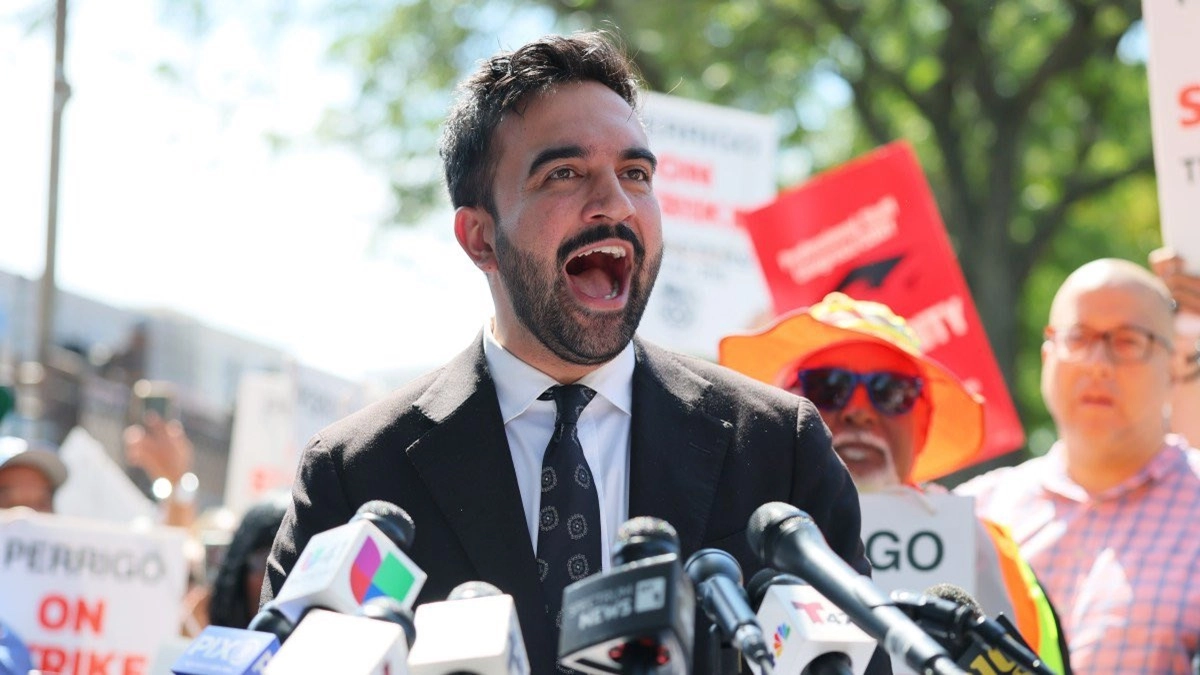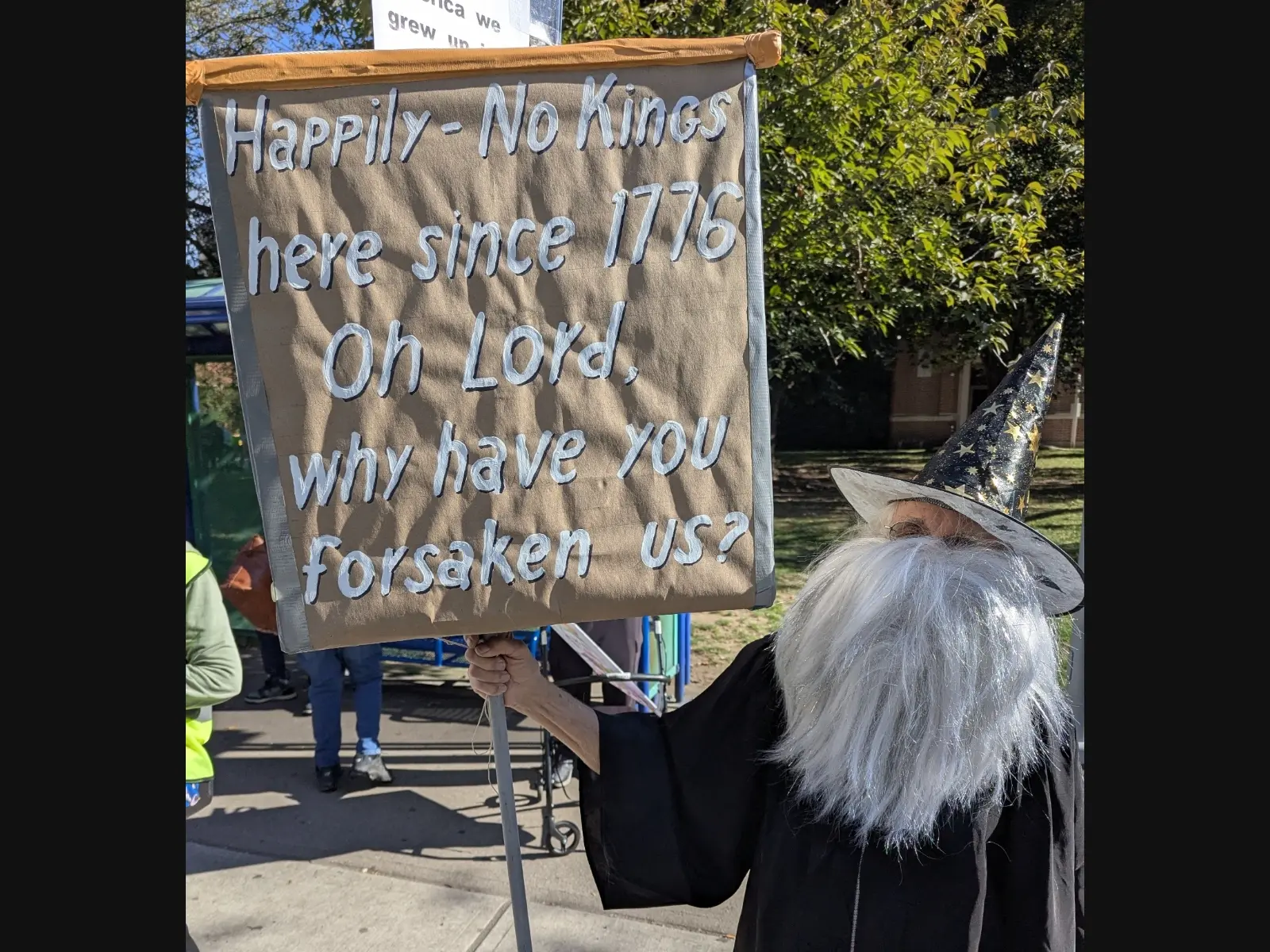Copyright independent

President Donald Trump has issued a pardon for a former New York police sergeant, Michael McMahon, who was convicted of assisting China in an attempt to coerce an ex-official into returning to his home country. The case was a prominent example of US authorities' efforts to counter what they describe as Beijing's extensive attempts to suppress critics abroad. McMahon received an 18-month prison sentence this spring for his involvement in what a federal judge termed "a campaign of transnational repression." He consistently maintained his innocence, stating he was "unwittingly used" after taking what he believed to be a straightforward private-investigator assignment. McMahon asserted he was informed he was working for a Chinese construction company, not the nation's government. A White House official, speaking anonymously on Friday regarding the unannounced pardon, highlighted McMahon's explanation that he had been misled. The official also noted McMahon's distinguished 14-year career with the NYPD, which included dozens of commendations before a 2001 injury forced his retirement. McMahon's lawyer, Lawrence Lustberg, said the pardon “corrects a horrible injustice.” “I will always believe that it was the Chinese government that victimized Mike, a true hero cop, whom our government should have celebrated and honored, rather than indicted,” Lustberg said by email. The Brooklyn-based federal prosecutors’ office that brought the case declined to comment. A jury had convicted McMahon, 58, of charges that included acting as an illegal foreign agent and stalking. He was released from prison to a halfway house earlier this year and was back at his New Jersey home Friday, his attorney said. McMahon had gotten support from U.S. Reps. Mike Lawler, R-N.J., and Pete Sessions, R-Texas. They wrote to the court last year to back McMahon's assertions of innocence and urge the judge to spare him prison. Lawler cheered the pardon Friday, writing on X that the former officer “never should have been prosecuted to begin with.” A message seeking comment was sent to Sessions' office. McMahon was one of three men convicted at the first trial stemming from U.S. claims about China’s decade-old “Operation Fox Hunt” initiative. His co-defendants, both Chinese citizens, also were sentenced to prison, where they remain. Messages seeking comment were sent Friday to attorneys for the men, who denied the charges. Three other people pleaded guilty in the case, and another five defendants remain at large, believed to be in China. U.S. authorities have viewed “Operation Fox Hunt,” in at least some instances, as a tool of “transnational repression” — a term for sending government operatives to harass, threaten and silence dissidents living abroad. Beijing says it's just trying to repatriate fugitives, including corrupt officials, and denies making threats to secure their return. The case involving McMahon centered on a former Chinese city official named Xu Jin, who moved with his family to suburban New Jersey in 2010. The Chinese government has accused him and his wife of bribery. The couple denied the allegation and said he was unjustly targeted because of internal politics within China’s Communist government. China has no extradition treaty with the U.S. so it couldn't legally compel Xu's return. Instead, U.S. prosecutors said, Beijing engineered years of creepy outreach and innuendo to try to induce him to come back. Hired by co-defendants to locate Xu, McMahon searched law enforcement and government databases and conducted surveillance. He and Lustberg acknowledged that McMahon missed “red flags” about the $11,000 job, but they said he was duped by his clients and didn’t foresee that the information would be used to hound Xu. “I never thought for one minute I was working for China, stalking anyone," McMahon said at his sentencing. Prosecutors and trial witnesses said Xu was subjected to a pressure campaign that included disparaging Facebook messages to friends of his adult daughter, a slew of letters to a relative in New Jersey and a startling visit from his octogenarian father, who was flown in from China to press his son to return. Finally, Xu's wife found a note on their front door that read, in translation: “If you are willing to go back to the mainland and spend 10 years in prison, your wife and children will be all right. That’s the end of this matter!” Xu said at the trial that before seeing the note, he thought the Chinese Communist Party's overtures were “only a mental threat to me.” "However, when I saw that note, I realized that it had become a physical threat,” Xu testified, through a court interpreter.



